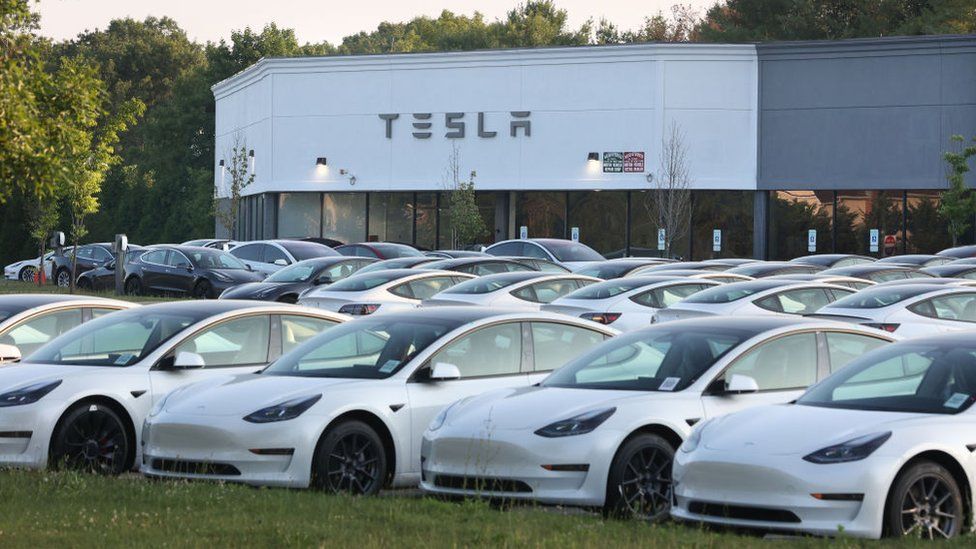-

-
-
Loading

Loading

According to China's regulator, Tesla is recalling over 1.6 million vehicles in China due to issues with steering software and door-locking systems. The recall includes models S, X, 3, and Y, as well as 7,538 imported vehicles. The problems will be resolved through remote software updates, eliminating the need for vehicles to be taken to dealerships or garages. This recall comes shortly after Tesla recalled two million cars in the US due to autopilot software problems. Last year, the Chinese regulator flagged potential acceleration and braking system issues in over a million vehicles, which Tesla later confirmed, along with problems in assisted driving functions and door-locking systems. The State Administration for Market Regulation (SAMR) described the planned software update as a recall, despite its remote execution. Tesla will roll out a software update over the air for a total of 1,610,105 vehicles, including imported Models S and X, as well as China-made Models 3 and Y cars manufactured between 2014 and 2023. The SAMR stated that this update aims to address autosteer function issues and reduce the risk of collisions. Additionally, 7,538 units of Models S and X cars will receive software upgrades to address door unlocking problems during crashes. This is the second setback for Tesla in China, with BYD surpassing its global electric car sales in the last quarter of 2023. In 2022, Tesla recalled around 128,000 cars in China due to a rear motor inverter defect. Tesla holds a significant market share in China, a country that has promoted the purchase of electric and hybrid vehicles through subsidies. China has set a target for a majority of vehicles to run on clean energy by 2035. Moreover, Tesla operates a major manufacturing facility in Shanghai, its first "gigafactory" outside the US, which delivered 947,000 vehicles in 2023, as reported by state news agency Xinhua.